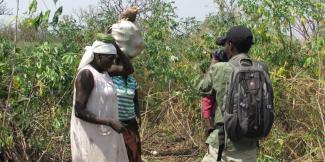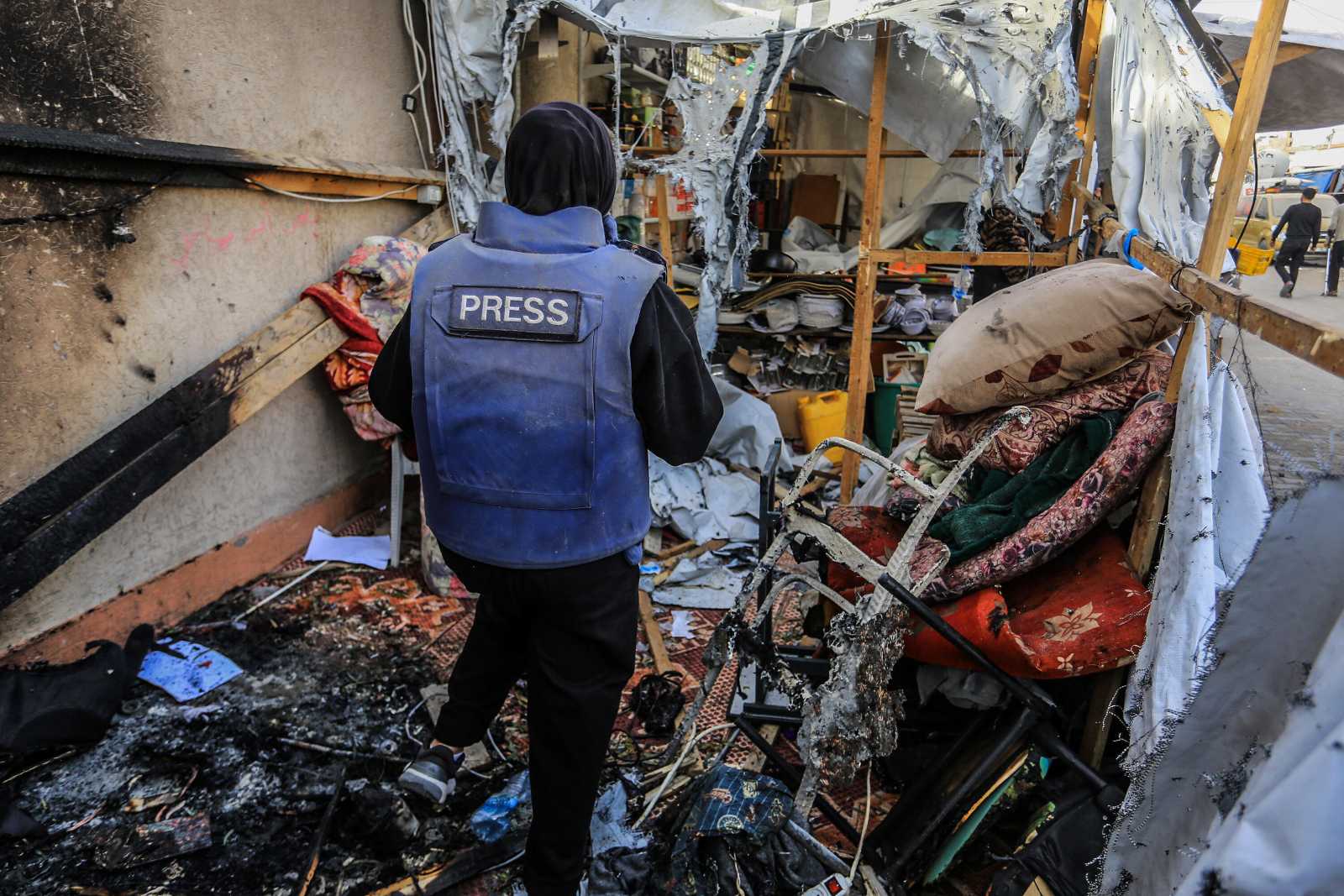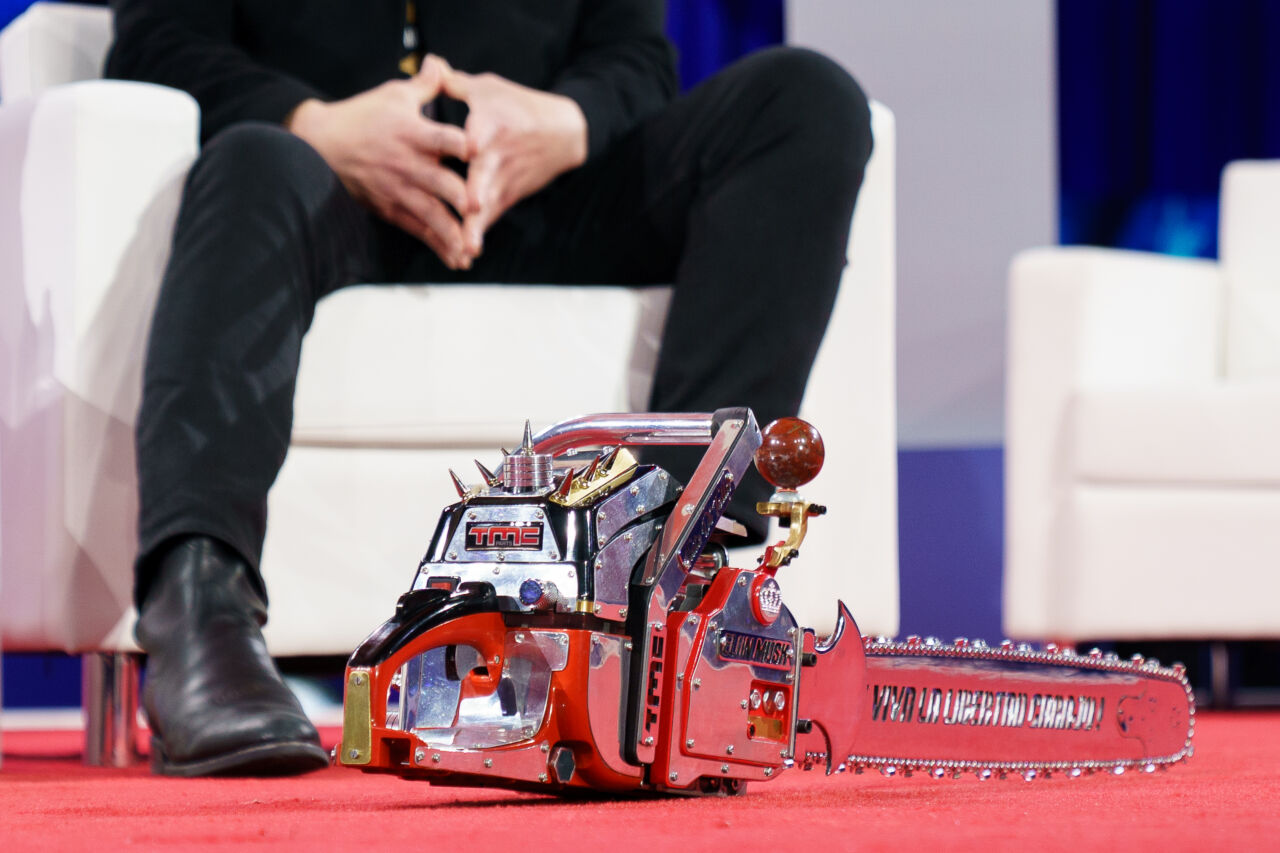Film director
Risking my life

I mainly make documentaries about things that affect everyday lives of people in a certain community. I usually intend to show my audience stories I think they would find interesting and appealing. My audience finds itself identifying with a protagonist, which leaves a strong mark on their mind. The audience is international, and some of my videos are available on Youtube. I consider myself a multimedia journalist and an artist.
I am proud of my work, because my films are good. One video clip is a good example. It is called “Radio Morobo: a welcome community asset”. In this case, I did two jobs in one, so to speak. First, the film is a PR item for the GIZ. Second, which is more important, I was part of the team that trained young, but passionate radio broadcasters on behalf of the GIZ. We were helping to establish community radios in South Sudan. I am proud of having kept the balance of journalism and PR. My film “Wani and His Vision” was shown at international cinema festivals. It won me an award in Germany.
Sadly, the conditions of my work have become truly terrible. South Sudan is a harsh environment, where journalism faces censorship. Rule of law can hardly be spoken of, especially since civil strife has flared up again. There is very little respect for media workers.
Normally, I am my own one-man crew. My kind of work is dangerous, and few people are prepared to risk their lives. Moreover, most people would not give their best without being paid a lot of money, more than I could ever afford. So usually I do everything myself.
I use my own video equipment, but I have lost it twice. South Sudanese security agencies took it away – for good. Right now, I lack equipment. It was confiscated a few months in Yei, a town in South Sudan. The national security service has confiscated other property of mine too, including my car, my academic credentials, books and other personal belongings. I have little hope to recover anything.
They are hounding me because I wrote an article about corruption allegations in a church in Yei in the independent bi-lingual website “The Niles” funded by the German Federal Foreign Office. I believe the reverend who is implicated in the scandal bribed the security agencies to kill me, because I refused to renounce the article. I was arrested and told I would die unless I backtracked, so I knew that bribes were paid. I have published more articles on related matters, and I have been in situations in which it was quite clear that I might not live to see the next day.
The sad truth is that the situation is bad for all media workers in South Sudan. It seems to be deteriorating every day. We are considered security risks. I am in exile and cannot return to my country unless I’m willing to risk my life. I am being followed and don’t want to reveal in public where I am staying. I will not give up my work, but I will have to work in other places than my home country in the future.
It is a struggle to get along without my equipment. Life is expensive. I need to earn money. Earlier I would fund my work with loans, and pay back the money when I got payments from one of the media outlets I contributed to. Many of them are international.
I have got a university degree in arts, media and public relations. But I had practiced filmmaking before the academic achievement. I started out as a sound engineer working for German professional filmmakers way back 2006. I was able to contribute considerably to a number of films. One of them was “School Day with Diana”. Since then I have created many films, particularly documentaries about diverse topics.
My aspiration is to keep on presenting stories that create lasting memories by using visual arts. Moreover, I want to coach others who are passionate about the job and willing to learn to do what I do. The idea is not necessarily to make films, but use all kinds of media in a creative way.
Ochan Hannington is a South Sudanese filmmaker. Sabine Balk wrote down what he told her about his work and life.








